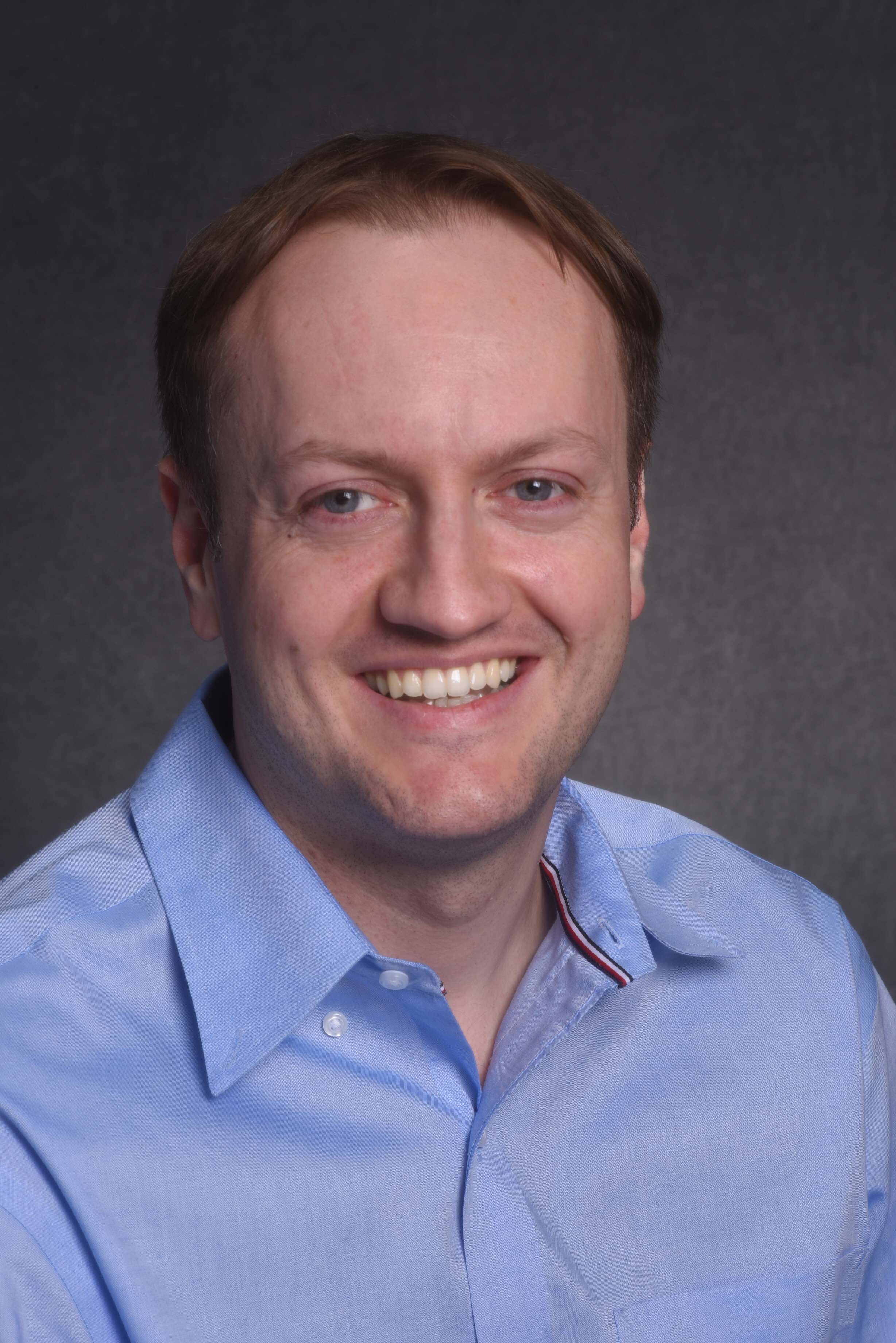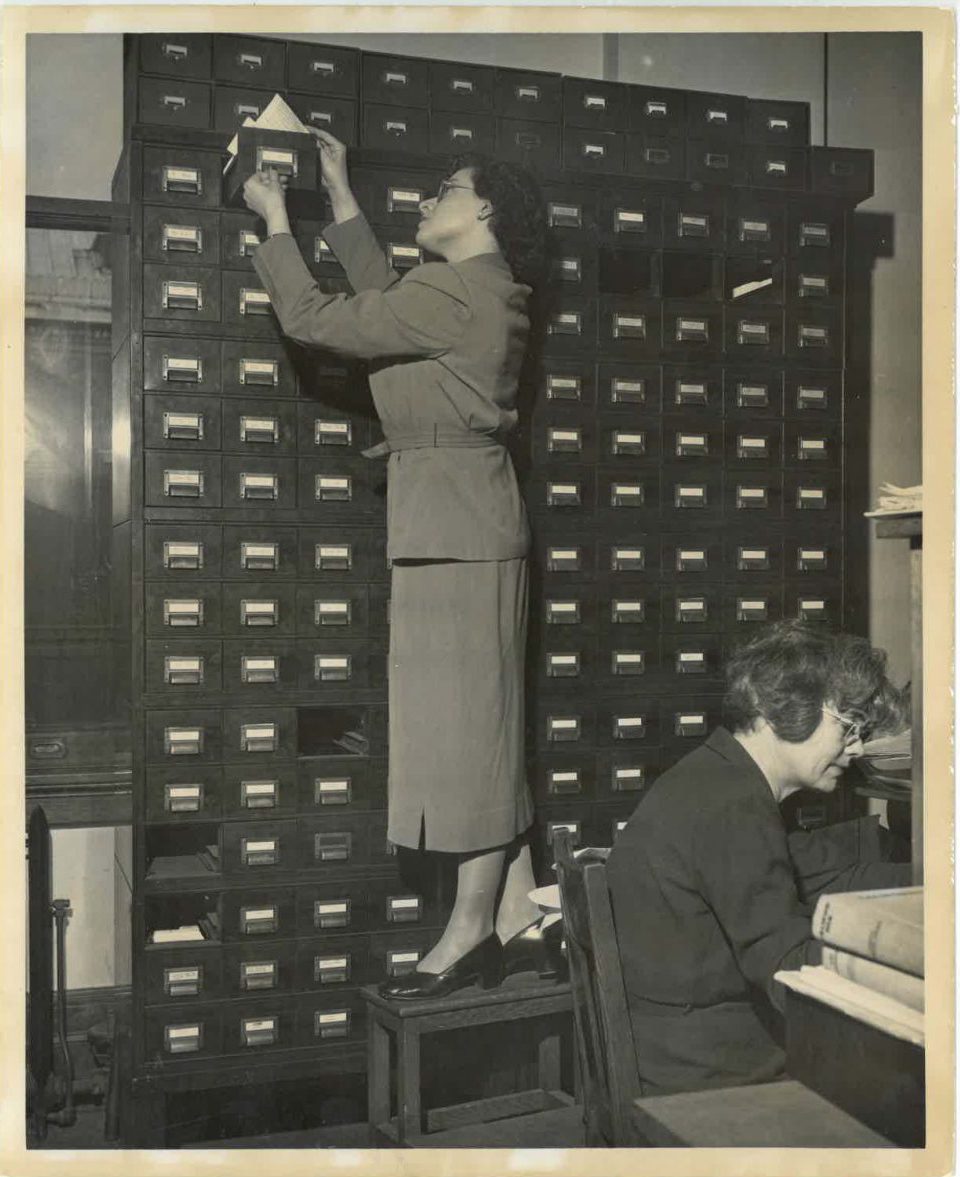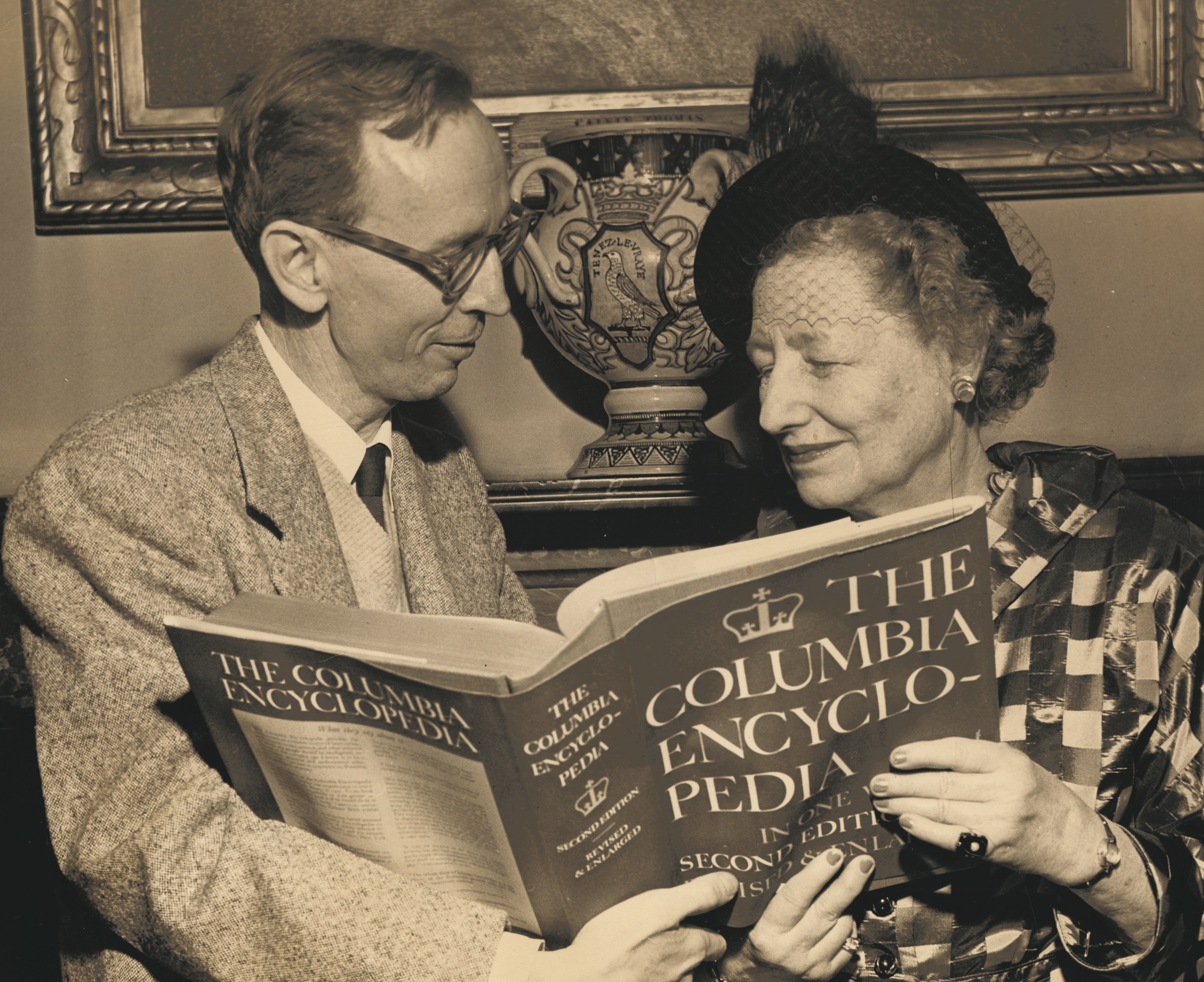My Time At CUP: Douglas Armato

“University presses add to our understanding, our thought, and our society book by book by book by book.”

Douglas Armato
DIRECTOR, UNIVERSITY OF MINNESOTA PRESS
FORMER PRESIDENT, ASSOC. OF UNIVERSITY PRESSES
COLUMBIA UNIVERSITY PRESS, 1977–1980
- RECEPTIONIST, 1977
- PROMOTION ASSISTANT, 1978–1980
> The beginning of my career in scholarly publishing was inauspicious, verging on the providential. In the summer of my junior year at Columbia, I was asked by a friend who was a student worker at the Press if I would be interested in substituting for the receptionist, who was about to leave on a two-week fishing trip. Without giving it much thought, I said yes.
There are few better places from which to observe the life of a publishing house than the vantage of the receptionist’s desk, particularly in the pre-internet era, when so much contact came via the main telephone line or in couriered packages and there was a steady stream of people coming in for appointments. Every member of the staff would pass several times a day and, like a stationary flaneur, I was able to get a quick sense of the personalities—and peculiarities—of the director and associate director, the editors, the marketing and production staffs, and the tight-knit specialists in the reference division and on the Alexander Hamilton Papers.
After the two weeks were up, I was told “people liked me” and was offered a student position in the production department, where my duties were mostly clerical but where I also suspect my greatest value was my alacrity in fetching coffee and baklava for the book designers, plugging parking meters that were about to expire, and unjamming the copy machine. When, late in my senior year, a fulltime job came open in the marketing department I was lucky to land it, and when May came, and my classmates walked toward commencement in cap and gown, I was happily hammering out jacket copy for a book by Norbert Elias, still in print. Across the hallway from me, where the copyeditors had their offices, worked Jennifer Crewe, now the Press’s tenth director.
My first major assignment as a fulltime staff member was assembling a “Complete Catalog” of every book the press had published, going back to its founding. There hadn’t been one in decades, and the lack was seen as a liability in licensing reprints and translations. Compiling a new “Complete Catalog” necessitated reading every contract to determine rights and handling nearly every book in the press archive library in order to confirm page and illustration counts and trim size. It seemed like an endless task, but it was in that close encounter with every Columbia University Press book, and particularly the rarified pages of the almost one hundred volumes of the Records of Western Civilization series, that I truly understood the work and ambitions of university presses.
University presses add to our understanding, our thought, and our society book by book by book by book. That formative assignment of recording every book Columbia University Press published in its first eight decades—and I admit I interrupted my task to read in more than a few—made me content with the idea of committing myself professionally to works that singly might not find wide audiences but together added up to a universe of knowledge. Almost exactly forty years later, and after working on thousands of scholarly books, that work remains both endless and endlessly engaging.








